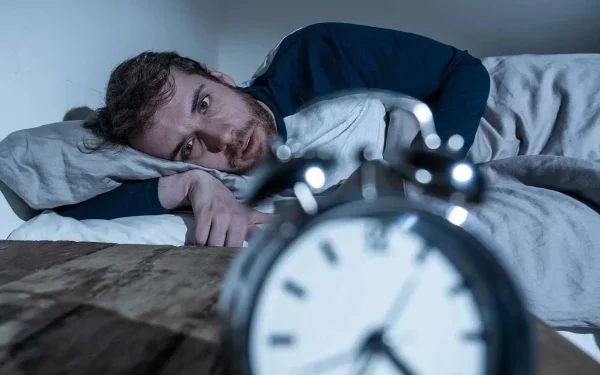Scientists say that poor sleep (including difficulty falling or staying asleep) can add up to three years to the lifespan of the brain.
In the study, scientists analyzed scans of nearly 600 middle-aged adults and found that poor sleep was associated with worse brain health later in life.
The researchers said that this association remained after adjusting for factors such as age, gender, high blood pressure and diabetes in the study.
Christine Yaffe, from the University of California San Francisco, said the research findings highlight the importance of addressing sleep problems early in life to protect brain health. These efforts include regular sleep routines, exercise, avoiding caffeine before bed and using relaxation techniques.
Future research should focus on new ways to improve sleep quality and examine the long-term effects of sleep on mental health in young people, they said.
In the study, published in the journal Neurology, subjects with an average age of 40 filled out sleep questionnaires at the start of the study and five years later.
The questions asked consisted of six core sleep characteristics including short duration sleep, poor quality sleep, difficulty falling asleep, difficulty staying asleep, early awakening, and daytime sleepiness.

























